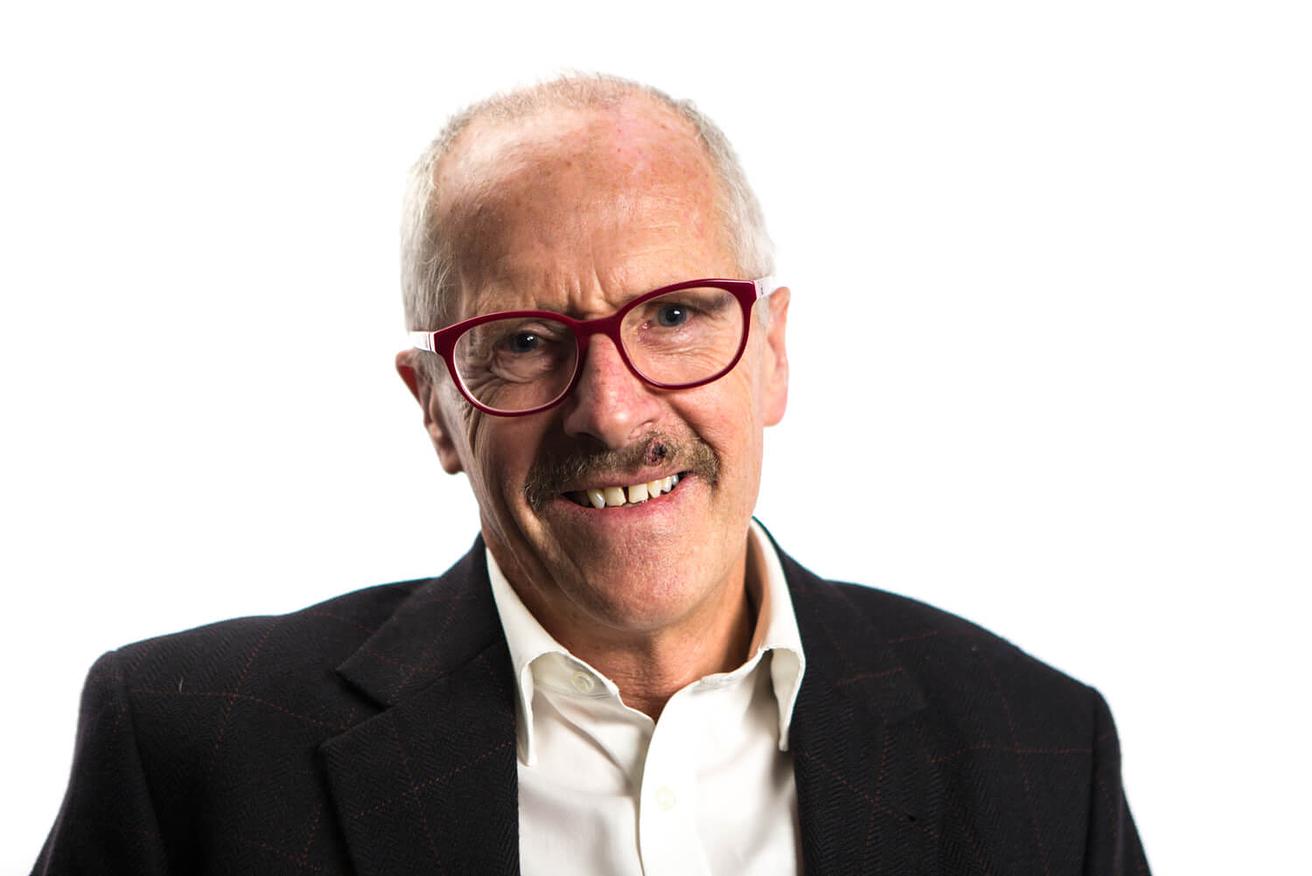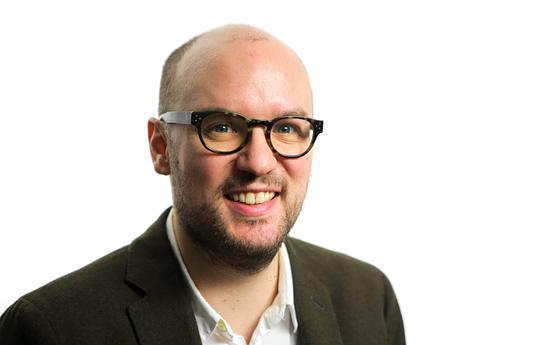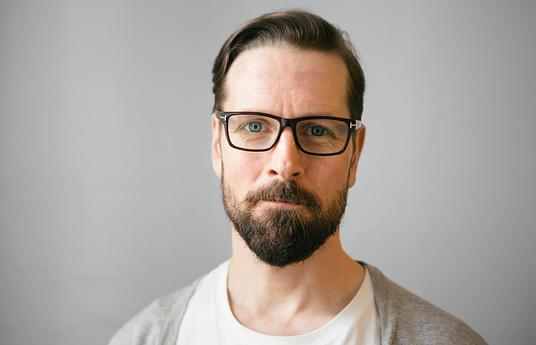John Holman
Sir John Holman is President of the Royal Society of Chemistry and an Emeritus Professor at the University of York, UK. He is the founding director of the UK’s National Science Learning Centre. In addition to having been a headteacher at Watford Grammar School for Boys, Sir John has previously been the British government’s National STEM Director.
In 2014 he was named by the Science Council as one of the UK’s leading 100 practising scientists. Sir John is a trustee of the National History Museum.
Skills
What are the skills we need to be teaching our children?
100 years is a very long time, and we can’t possibly predict what the world will be like in 2116, so we have to resort to saying what do we think our youngsters will need for the future. Of course that includes a lot of things such as the ability to communicate in mother tongue languages, mathematics, but it also includes a whole set of softer skills, or we should say high order skills, about interaction with other people.
In 100 years time, our daily lives will definitely involve interaction with other people. I think we need to get a much better understanding of those high order skills, things like teamwork, communication, working with others and leadership. We need to understand how people develop those skills and how we can measure them.
Teachers
What is the role of the teacher?
We will still have teachers in 100 years time and I think the teacher is absolutely critical. For many years we have been predicting the disappearance of the teacher. For instance, in 1913 Thomas Edison said: ‘Soon teachers will not be necessary, because children will be taught entirely through motion pictures.’ This was at the dawn of the movie age and of course that didn’t happen.
There is something about the transaction and interaction between humans that is central to the life of all humans and to the way people learn. I’m absolutely convinced that individual teachers will still be at the heart of the educational process. Therefore, they are right at the center of making education as good as we can possibly make it. We need to make sure that they are highly skilled, that very highly qualified people come into education, that they are well trained and have good continued training, and that they are also highly respected and trusted.
I have seen schools in Finland and one of the things I’m struck by is the trust adults, the community, and parents put in teachers to make the right judgements. We need more of that across the world.
Assessment
Do you think standardized testing is an effective way to assess learning?
It depends what you’re testing and we have to test at some point throughout young people’s education experience. The parents expect it, the public expects it and it’s a way to hold the whole system to account, certainly in the United Kingdom. I know countries where there is less emphasis on it.
So I don’t think testing in itself is the wrong thing, but I think we have to think very carefully about what we test. The big danger is, and I think this was attributed to Einstein, is that not everything that counts can be counted and not everything that can be counted counts. In other words, it’s actually quite easy to measure some things and to get very robust results from them - a straightforward record of facts, easy to measure, reliable results. But these aren’t necessarily the things that matter, so I think we have to think very carefully about what we are testing.
I am very excited about the potential of digital technologies making testing much more sophisticated. We do need to test some basic knowledge, but we also need to test high level thinking skills, the ability to reason, solve problems and the ability to work with other people and to show leadership and teamwork - some of those skills that I was referring to before.
I think one of the things we will see happening over the next 100 years is a better ability to measure higher level skills that lead to high employability, and that this will probably happen through digital methods.
Environments
What would be the most exciting learning environment?
I think people young and old learn by doing things, and so I would always want them to be in an environment where they can learn by doing, hands-on. As the virtual world becomes more and more powerful and realistic and we can enter through the virtual simulated world, I think the real world becomes more important. As people realize there is a virtual world out there that can give them anything, for example we can all go to the moon in a simulation, the real world becomes more important by contrast.
For example, at the National History Museum where I am a trustee, we are going through a process where we make sure that everything that people see is authentic - real fossils, real meteorites, and I think that authenticity of the experience is going to become more important.
So my ideal learning environment is where people can learn by doing. As a science specialist, my ideal environment is a highly equipped laboratory with all the facilities needed to carry out experiments at any point in any lesson that the teacher wants to. Or a highly equipped field station where people can go out into the natural world and learn about the natural world by doing and experiencing it.
Personal memory
What was your favorite moment in your own education?
I am a chemist and I studied chemistry at university. I had a very good chemistry teacher who was rather tough. He wasn’t a wild enthusiast who was always making jokes, he was very serious, but he was brilliant at giving you problems that would stretch you. My most memorable experience was when I was around sixteen, he gave me an orange powder and said: ‘find out everything about that,’ and didn’t give me any help leaving me to my own devices. I had to go make tests on it, add other chemicals to it, analyze it and in the end I nearly found out what it was and we had a really good discussion about it.
I felt that it was such a journey of discovery. I was doing experiments, it was hands-on, new things and revelations were happening, I was going down blind tracks and coming back up again and I was using books. So It was a great journey of discovery so that was very memorable.
I also had a very good English teacher and I love English literature. I had a very early introduction to poetry, because my mother, who was an English graduate, loved poetry and had a prodigious memory for poetry. She would walk around the house speaking poetry and so I learned a lot of poetry just by listening unconsciously.
I can remember talking about the Lady of Shalott in a lesson, I had all the words in my head but it was my teacher who told me what they meant. Together we talked about why some words, when you put them together, mean more than their literal meaning, which is, of course, what poetry is. That was the lesson in which my home experience with my beloved mother and my school experience came together, and it was that coming together that was very revelatory. I loved poetry before and ever since.
The next 100 years
The next 100 years of Finnish education should… continue to do the things that Finland already does well. I don’t think we can assume, that because something good is happening now, it will always happen. There are pressures such as economic pressures and technological pressures.
The thing that Finland does well, for me, is the contract that they have between the public and the schools. Education is very notably the Finnish national project. It’s what they do absolutely brilliantly. Lying behind that is the trust between schools, parents and school principals, which is important to keep.
So the next 100 years of Finnish education must keep doing the things that they do so well, but it must also come to terms with the astonishing development of technology - and heaven knows what that will bring to us. I think there will be pressures to replace teachers and I think there is a very important job to be done reconciling the role of the teacher with the role of technology. Also, resisting economic pressures which will drive people towards replacing the teacher with technology, because it’s cheaper that way and even in Finland it could happen.
We’ve all got big challenges in understanding the role of technology in education and I think, as I’ve said before, we need to look for the big positives that technology can bring to education such as more subtle assessment of the things that really matter to parents and to their children’s futures. That isn’t just about the things we normally assess now, so I think we’ll see very powerful development in how we use computers for that.
I think in the next 100 years in Finland, and everywhere else, we’ll have a very fast growing understanding of how the brain works. Our understanding of neuroscience is in its infancy at the moment, but it’s a very powerful and active field, and a lot of that is going to be relevant to education. We don’t know what it is, but we need to resist fashions and believing myths that don’t have any evidence in them, but rather be rigorously evidence-based. If we follow the evidence in schools, as neuroscientists understand more and more about how the brain works and how we learn, we will be able to take this understanding and improve the way that we teach young people.
For example, we are now beginning to learn things about the structure of the school day, about teenager’s circadian rhythms and their optimum, about the optimum way of sequencing learning between initial learning and reinforcement, all these things to inspire positive learning. In the next 100 years we will understand a great deal more and be able to structure the school day more intelligently.
There will be many other things we will learn from neuroscience in the future that we must all embrace.


